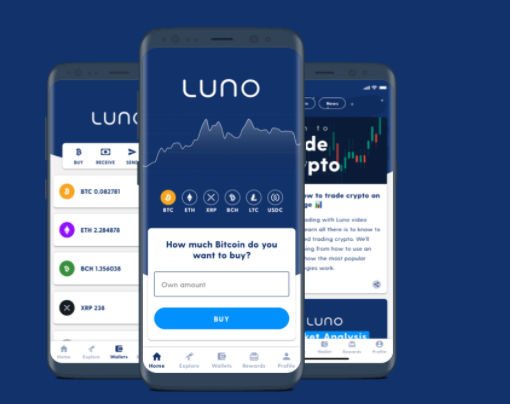After more than seven months, Nigerian traders will now be able to withdraw and deposit funds on cryptocurrency trading platform Luno. The platform had paused its naira transactions in February following the ban on cryptocurrency in the country.
So, why did Luno suspend its operations in the first place?
The Central Bank of Nigeria (CBN) had issued a circular to all non-bank financial institutions (NBFIs), deposit money banks (DMBs), and other financial institutions (OFIs) advising them to close bank accounts held by cryptocurrency service providers.
According to the CBN, virtual currencies such as Bitcoin and Litecoin were being used to fund terrorism and money laundering because of their anonymity. Because of this, the government considers crypto trading as a threat to its anti-corruption drive and national security.
Luno was among the players affected by this directive, which forced them to pause all naira deposits and seek clarification. The bank also blocked access to the accounts; therefore, Luno customers couldn’t access or withdraw their funds.

Apart from Luno, other Nigerian fintech companies such as Piggyvest, Chaka, Monnify, Risevest, and Agropartnership deactivated their accounts, causing panic among Nigerian traders.
What is Luno doing to get back?
Although the ban on cryptocurrency trading is still active, Luno says it’s consulting with the authorities on how to navigate the new regulation.
The trading platform announced that its customers would get more information soon about the launch date and when they could start withdrawing their funds.
By the time of accounts closure, Luna had assured its customers that their money was safe and would be available as soon as the company got the green light from the CBN.
What is the current state of cryptocurrency trade in Nigeria?
Since the ban, there has been an increase in peer-to-peer transfers. These trades have become prevalent on platforms such as Paxful. However, Luno didn’t focus on having this feature available for its customers.
The government is also planning to launch its own digital currency, eNaira, on October 1st. They have already partnered with Barbados-based Fintech company Bitt Inc. for the virtual currency project. This might be an attempt to replace all other cryptos in the country.
However, not everyone in the government supports this ban by CBN. Nigerian vice president Yemi Osinbajo called for regulation instead of a complete ban.
With players such as Luno trying to make a comeback, it will be interesting to see their discussions with the regulatory authority. Additionally, how this can be replicated for other cryptocurrency trading platforms in Nigeria.












